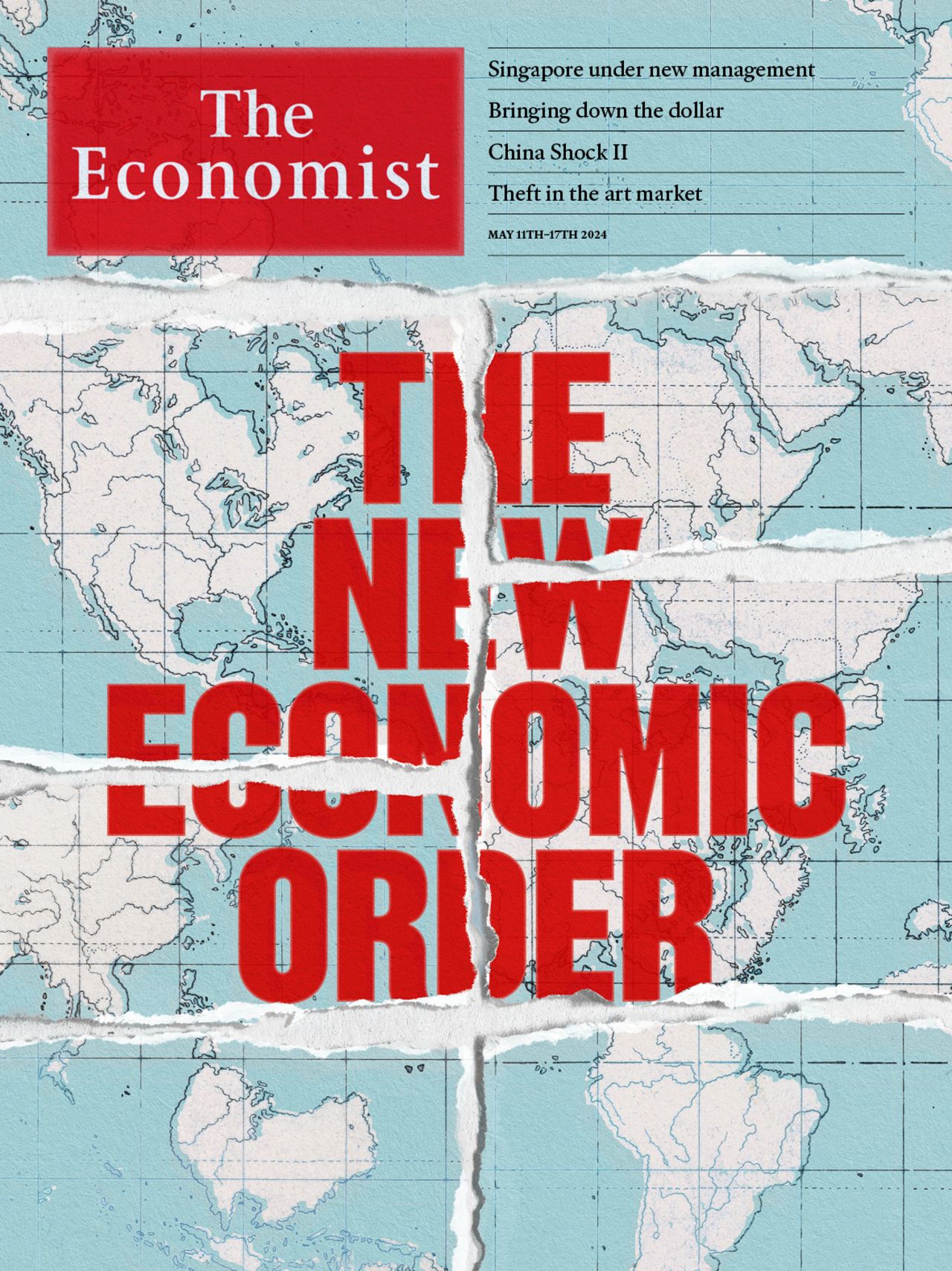How Ukrainian farmers are using the cover of war to escape taxes
“Black grain” infuriates exporters playing by the rules
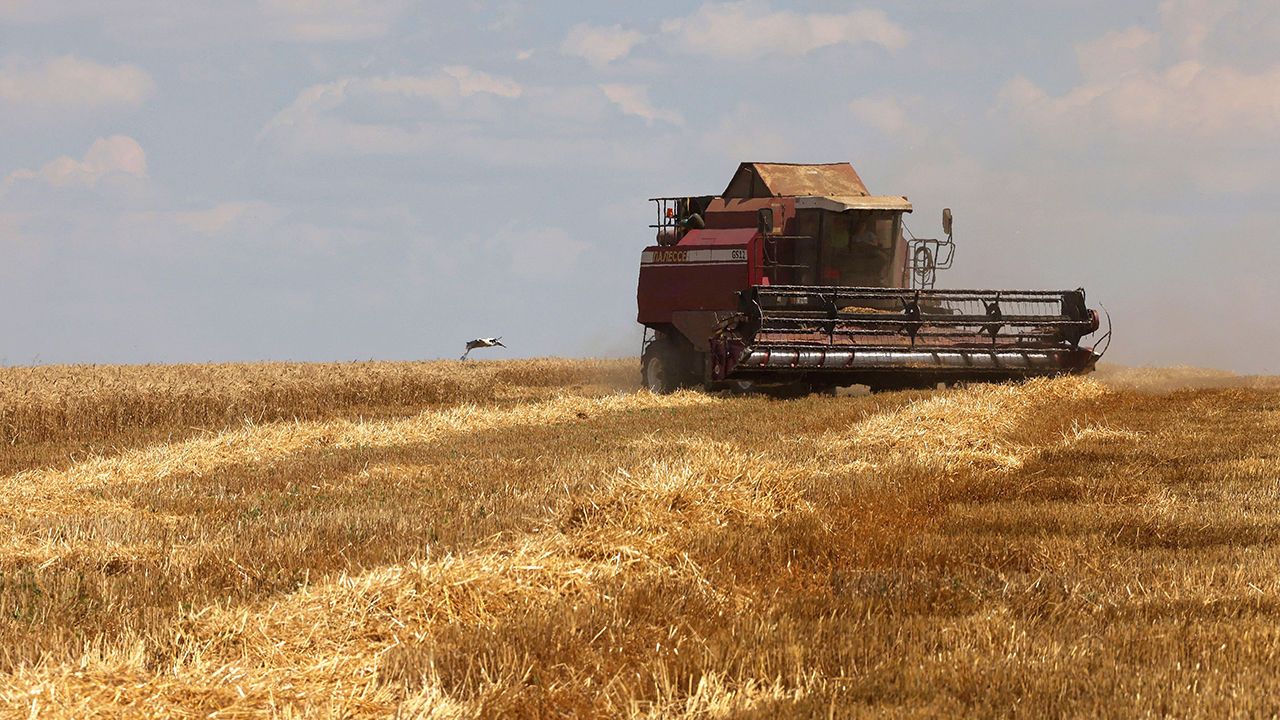
Since Russia began its invasion in 2022, Ukraine’s economy has shrunk by a quarter. But the ravages of war are not the only reason for the government’s reduced tax take. Businesses are also making use of the chaos to dodge paying their fair share. This is particularly true in agriculture, which before the war was responsible for 40% or so of Ukraine’s exports by income. The sector has been transformed by a scramble to find export routes safe from Russian attack. As Taras Kachka, Ukraine’s deputy minister for agriculture, notes, this disturbance has provided plenty of opportunity for farmers to “optimise taxes”.
Around 6.5m Ukrainians—or 15% of the country’s pre-war population—have escaped the country, shrinking the domestic food market. At the same time, Russia is targeting transport infrastructure, grain silos and other agricultural equipment, which has driven up costs. Many workers have been recruited by the armed forces, and are at the front. “If you can drive a tractor, you can drive a tank,” notes Mr Kachka. Farmers therefore not only have new opportunities to evade taxes, they are also increasingly desperate. The result is that two of every five tonnes of grain harvests now avoid contributing to state coffers, according to Mr Kachka’s estimates.
Explore more
This article appeared in the Finance & economics section of the print edition under the headline “Against the grain”
Finance & economics May 11th 2024
- What would get China’s consumers spending?
- How Ukrainian farmers are using the cover of war to escape taxes
- Why the global cocoa market is melting down
- Against expectations, European banks are thriving
- Banks, at least, are making money from a turbulent world
- What Xi Jinping gets wrong about China’s economy
- Could America and its allies club together to weaken the dollar?
More from Finance and economics
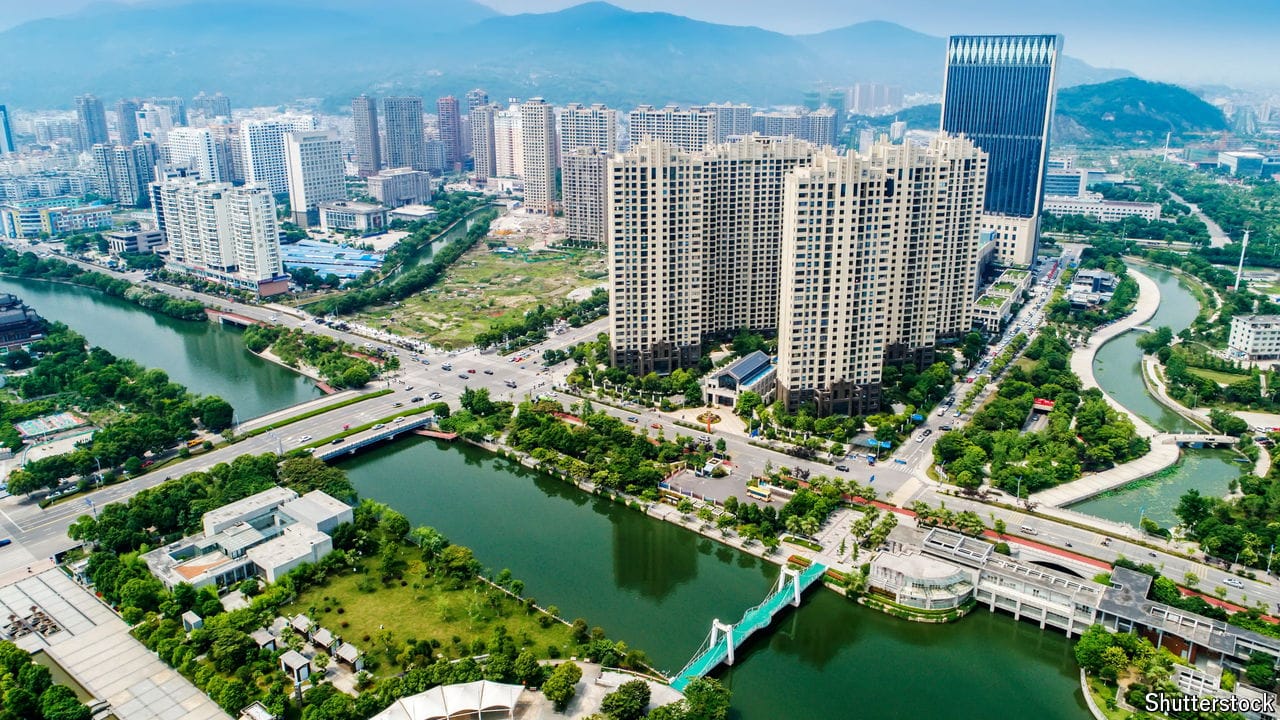
China’s last boomtowns show rapid growth is still possible
All it takes is for the state to work with the market
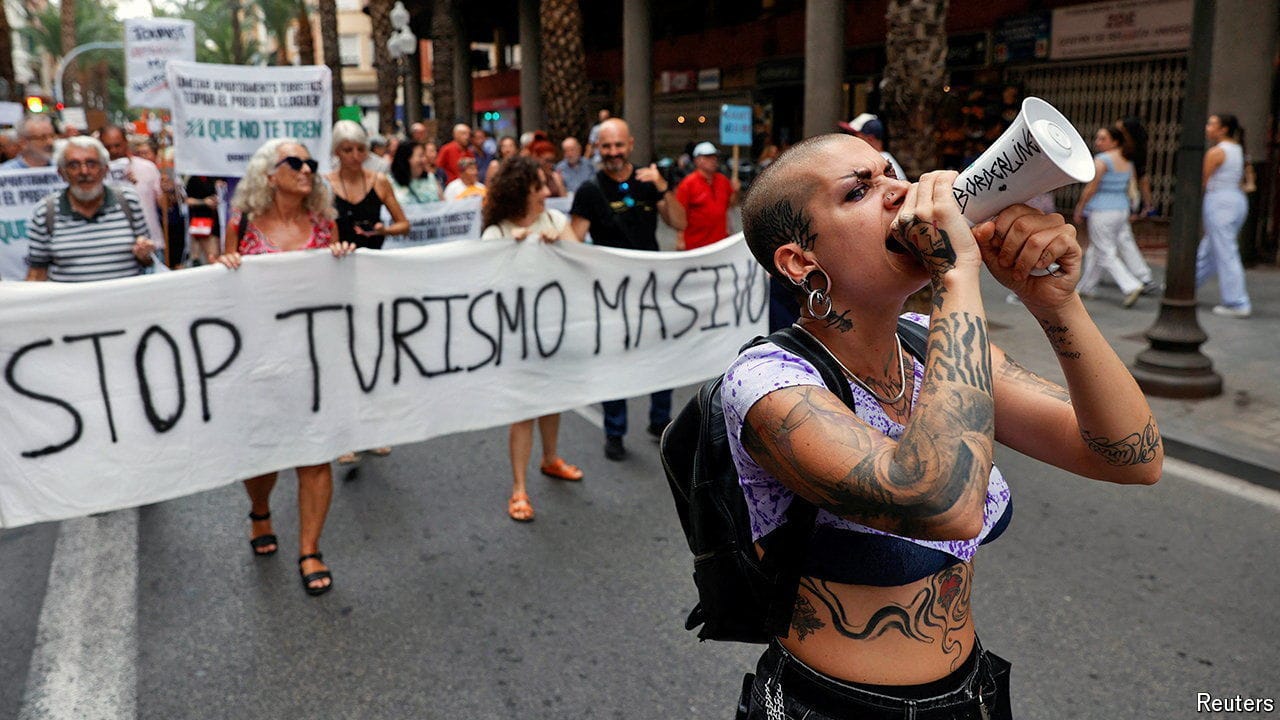
What the war on tourism gets wrong
Visitors are a boon, if managed wisely
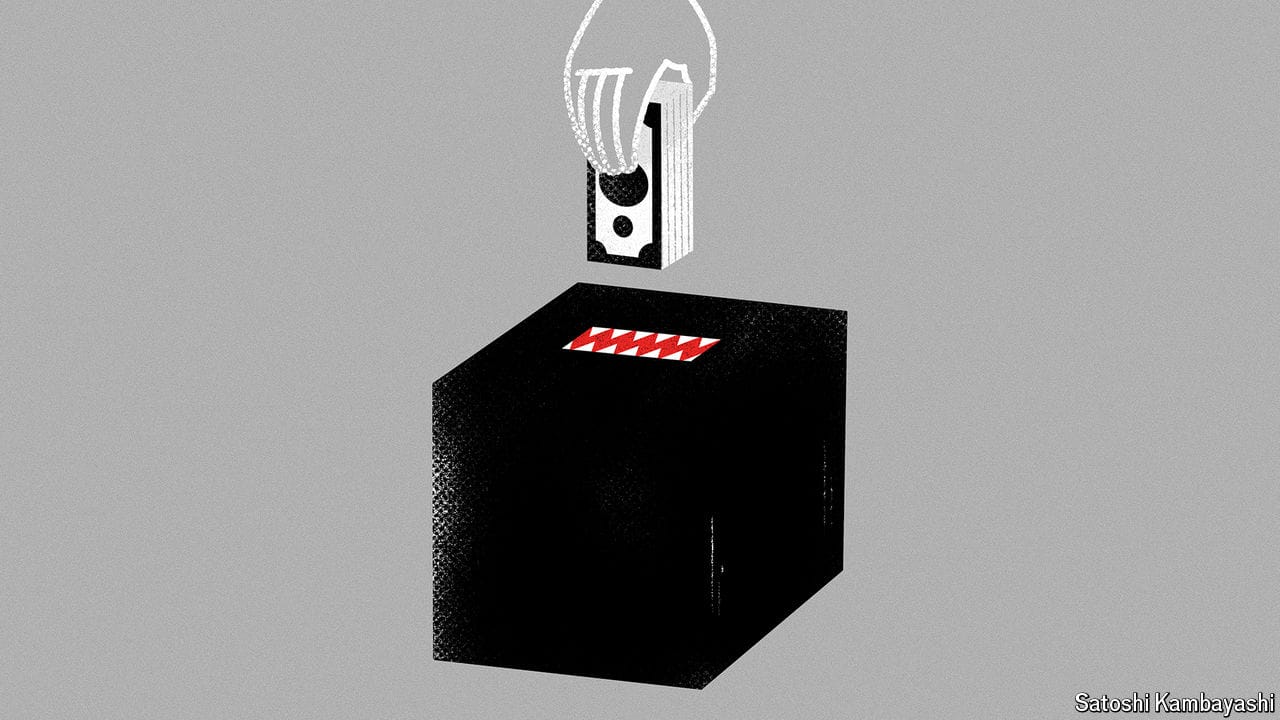
Why investors are unwise to bet on elections
Turning a profit from political news is a lot harder than it looks
Revisiting the work of Donald Harris, father of Kamala
The combative Marxist economist focused on questions related to growth
Donald Trump wants a weaker dollar. What are his options?
All come with their own drawbacks
Why is Xi Jinping building secret commodity stockpiles?
Vast new holdings of grain, natural gas and oil suggest trouble ahead
